Barclays looks cheap - but don’t touch it
Barclays shares have fallen to the point where they’re now looking cheap. But that doesn’t mean you should buy them. Ed Bowsher explains why, and looks at what to buy instead.

Get the latest financial news, insights and expert analysis from our award-winning MoneyWeek team, to help you understand what really matters when it comes to your finances.
You are now subscribed
Your newsletter sign-up was successful
Want to add more newsletters?

Twice daily
MoneyWeek
Get the latest financial news, insights and expert analysis from our award-winning MoneyWeek team, to help you understand what really matters when it comes to your finances.

Four times a week
Look After My Bills
Sign up to our free money-saving newsletter, filled with the latest news and expert advice to help you find the best tips and deals for managing your bills. Start saving today!

Shares in Barclays (LSE: BARC) have fallen 5% this week. And deservedly so: if you announce soaring bonuses for investment bankers while profits are falling, there's always going to be trouble.
Some investors think the drop in price has left Barclays looking good value, and that this is a buying opportunity.
But I'm not one of them.
MoneyWeek
Subscribe to MoneyWeek today and get your first six magazine issues absolutely FREE

Sign up to Money Morning
Don't miss the latest investment and personal finances news, market analysis, plus money-saving tips with our free twice-daily newsletter
Don't miss the latest investment and personal finances news, market analysis, plus money-saving tips with our free twice-daily newsletter
The bonus situation is bad enough it shows an unhealthy lack of respect for shareholders but at a more fundamental level, Barclays faces serious challenges on both sides of its business. They'll be expensive and difficult to deal with and I'm not prepared to gamble on the Barclays team being able to pull it off.
Why shareholders should be worried about big bonuses
But in fact, this is something that shareholders should be annoyed about, because Barclays paid out three times more bonus money to staff than it paid dividend money to shareholders.
The picture is even worse at the investment banking division (that's where the City and Wall Street bankers are based). Bonuses for investment bankers jumped 13% to £1.58bn last year, even although profits in this division fell 37% to £2.5bn.
Barclays argues that it can't retain the best bankers unless it pays high bonuses. But if that's true, then I fear that costs at the investment banking division will always be too high for shareholders to ever get a decent return on their investment. I'm not interested in owning shares in a company that ends up being run purely for the benefit of its staff, rather than its shareholders.
I also fear that the bank's relatively new chief executive, Anthony Jenkins, is failing in his attempt to change the culture at Barclays that's the message I get from soaring bonuses.
Investment banking is a terrible business
But I disagree. You see, mergers and acquisitions (M&A) have traditionally made up a big part of investment banking revenues. But the M&A market is changing.
As John Authers pointed out in the FT on Monday, the number of mergers will probably never return to the heights we saw in the late 90s. Many industries are now dominated by a few large players, and competition authorities won't permit further takeovers.
Things don't look much more promising at Barclays' FICC division (fixed income, currencies and commodities). This is now the heart of Barclays' investment banking business.
Profit margins are under pressure. Returns have been hit by regulators' insistence that investment banks carry more capital on their balance sheets.
If you're not up to speed on returns on capital, think of it this way: if a bank has capital of £1bn and makes £100m in profit, the bank is generating a 10% return on capital employed.
But if regulators insist that the bank has £3bn of capital on its balance sheet, the return falls to 3.33%. (For more on returns on equity watch my video on the topic.)
Accountancy group McKinsey reckons that the average return on equity in investment banking currently is 8%, and could fall to 4% by 2019 if nothing changes. 8% is too low and 4% would be very poor.
High street banking doesn't look much healthier
The good news is that Barclays has a decent UK customer base. But the high street banking business faces plenty of challenges: fresh scandals emerge on a regular basis, and more cost cutting is needed. That means shutting more bank branches, which is never popular with customers.
UK banking is also becoming more competitive. British banking has grown used to having very high barriers to entry, so the big four' banks have benefited from a semi-monopoly.
But we now have five main banks, plus challenger' banks such as Tesco and Virgin Money. And most importantly, TSB will almost certainly become a completely independent business later this year. This added competition will keep a lid on margins.
On top of that, politicians will likely continue to criticise banks and maybe even introduce further levies and fines. This is especially likely if Labour wins the next election.
What to buy instead
But it's not cheap enough for me. Costs are too high and I'm not confident that Jenkins can push through the culture change needed to address that. And I'm not keen on banks at the best of times, because it's so easy for them to hide unexploded bombs in their complicated balance sheets.
If you really feel the need to buy a UK bank, I'd opt for Lloyds (LSE: LLOY) on the basis that it has a nice UK high street business, unencumbered by overseas operations or an investment bank. I'd also consider TSB when it floats for the same reason.
But to be honest, I'd rather avoid the sector altogether. I recently wrote about some of the great opportunities on the Aim market. I also like the look of Japan and emerging markets. All three options carry their own risks but I reckon that the risk/reward ratio is much more in my favour in all three areas.
Our recommended articles for today
Rampant SuperGroup is outgrowing Britain
American stocks are expensive buy Russian ones instead
Get the latest financial news, insights and expert analysis from our award-winning MoneyWeek team, to help you understand what really matters when it comes to your finances.
Ed has been a private investor since the mid-90s and has worked as a financial journalist since 2000. He's been employed by several investment websites including Citywire, breakingviews and The Motley Fool, where he was UK editor.
Ed mainly invests in technology shares, pharmaceuticals and smaller companies. He's also a big fan of investment trusts.
Away from work, Ed is a keen theatre goer and loves all things Canadian.
Follow Ed on Twitter
-
 How should a good Catholic invest? Like the Vatican’s new stock index, it seems
How should a good Catholic invest? Like the Vatican’s new stock index, it seemsThe Vatican Bank has launched its first-ever stock index, championing companies that align with “Catholic principles”. But how well would it perform?
-
 The most single-friendly areas to buy a property
The most single-friendly areas to buy a propertyThere can be a single premium when it comes to getting on the property ladder but Zoopla has identified parts of the UK that remain affordable if you aren’t coupled-up
-
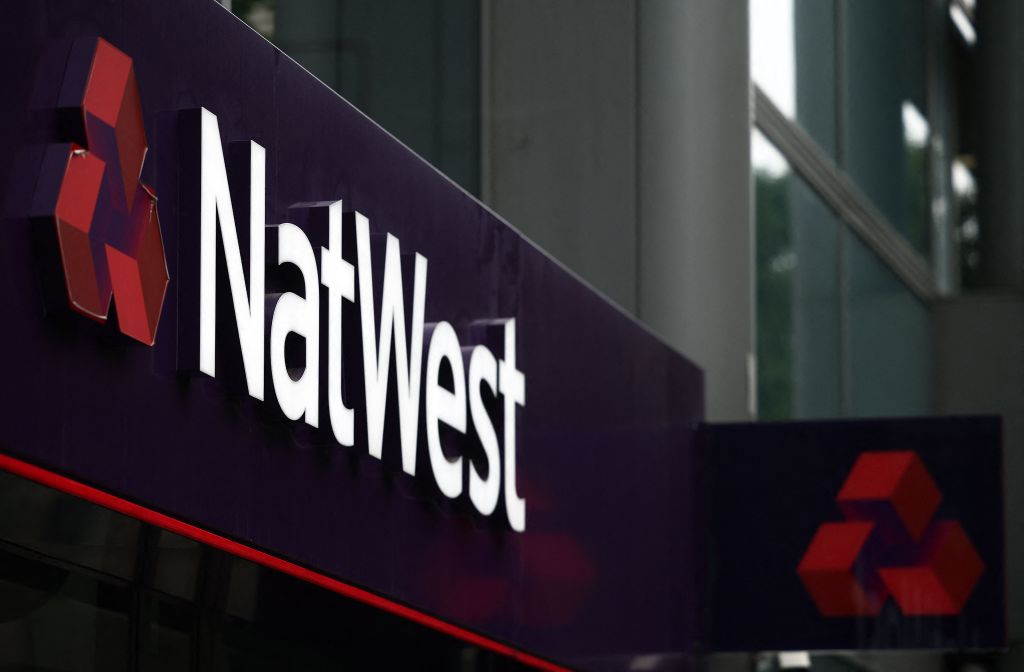 UK banking stocks: what’s the latest this results season, and are they worth a look?
UK banking stocks: what’s the latest this results season, and are they worth a look?All five major UK banks released their annual results in February, reporting profit increases. But the sector has long been unloved by investors. Are UK banking stocks hidden gems, or better avoided?
-
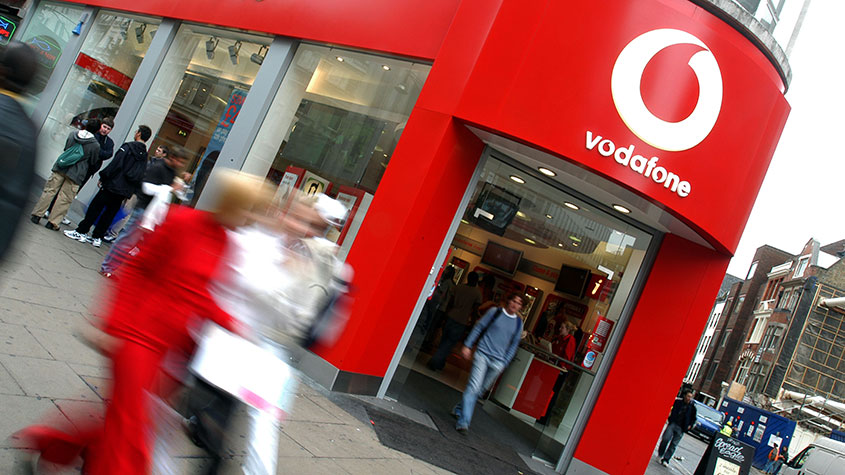 Britain’s most-bought shares w/e 12 August
Britain’s most-bought shares w/e 12 AugustNews A look at Britain’s most-bought shares as of 12 August, providing an insight into how investors are thinking and where opportunities may lie.
-
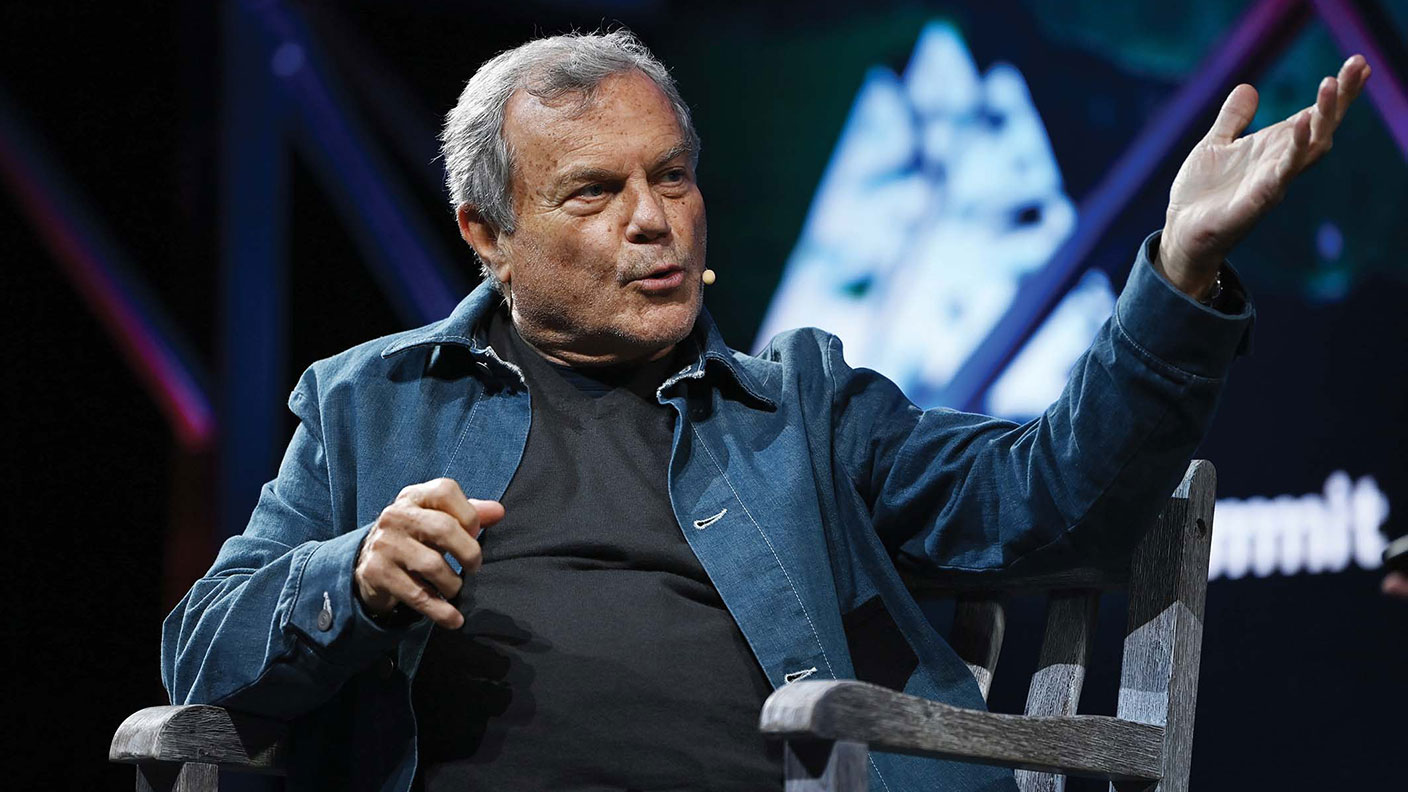 S4 Capital – a company that still has much to prove
S4 Capital – a company that still has much to proveTips Audit delays set shares tumbling at advertising agency S4 Capital. It needs to show it can turn growth into profits, says Bruce Packard.
-
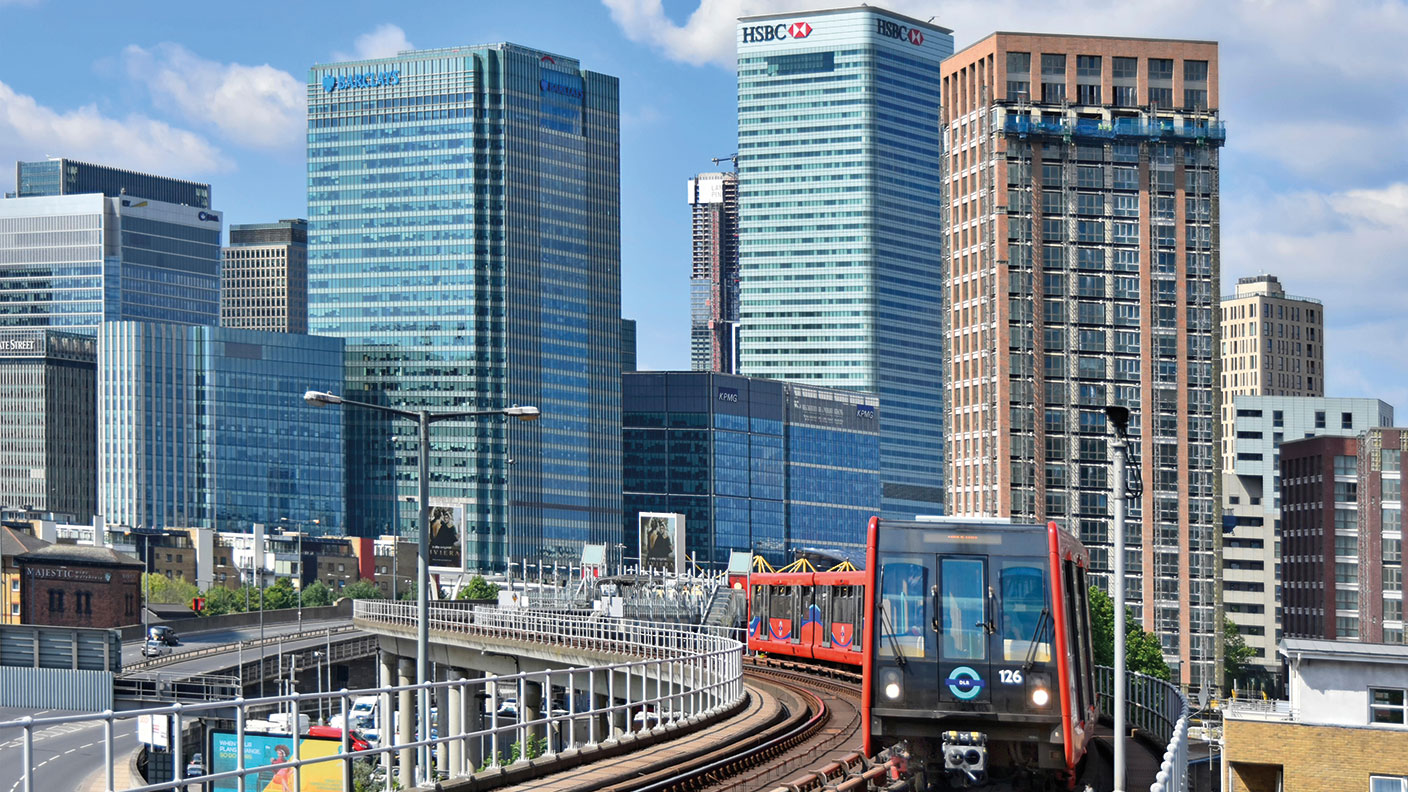 When to buy shares in NatWest, Britain's worst bank
When to buy shares in NatWest, Britain's worst bankTips Rising interest rates should lift profits for the banking sector if inflation doesn’t get out of control, says Bruce Packard.
-
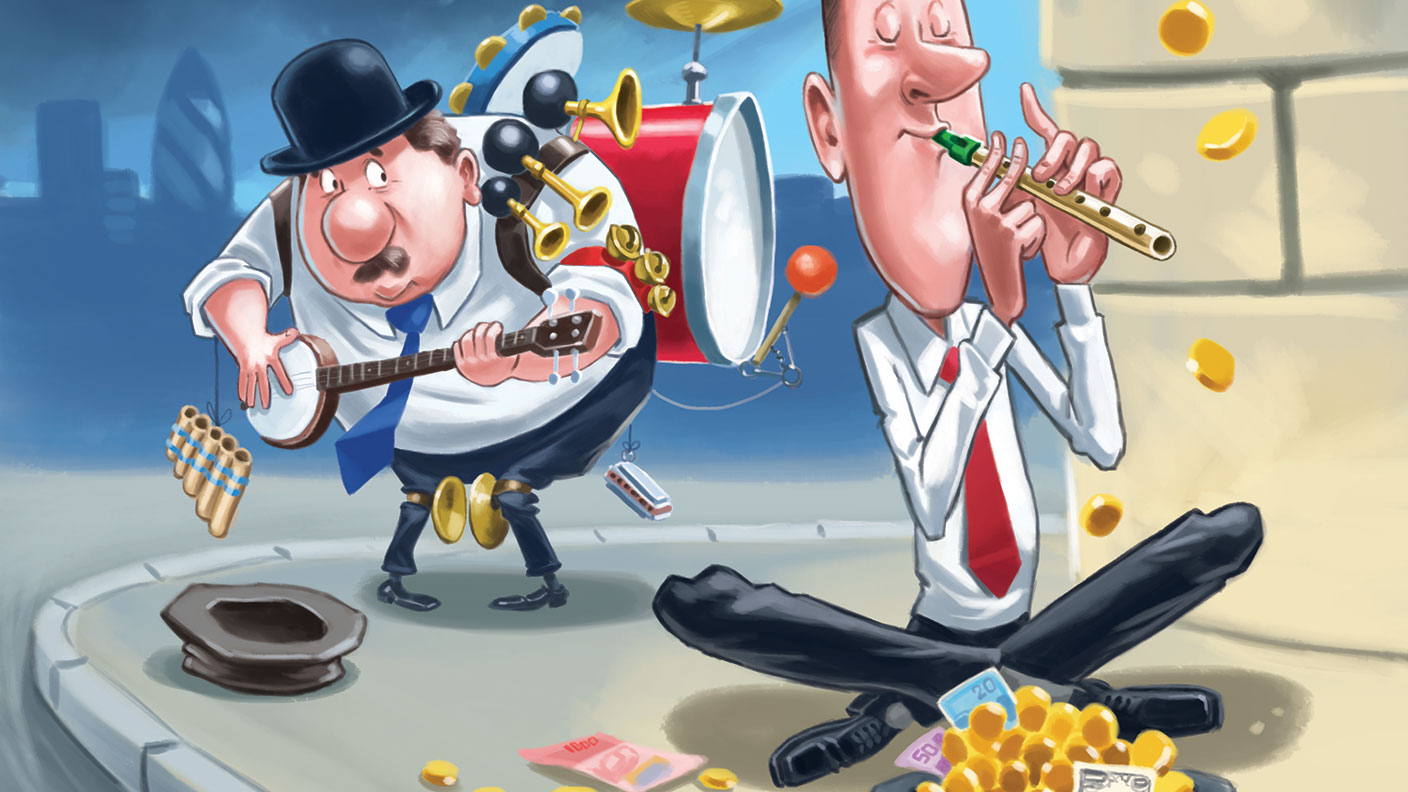 How UK banks went from Big Bang to universal failure
How UK banks went from Big Bang to universal failureCover Story The 1986 deregulation shook up the banks, but the all-in-one model that it created is bad for customers and investors. Specialists do a better job – as the real fintech winners are showing, says Bruce Packard
-
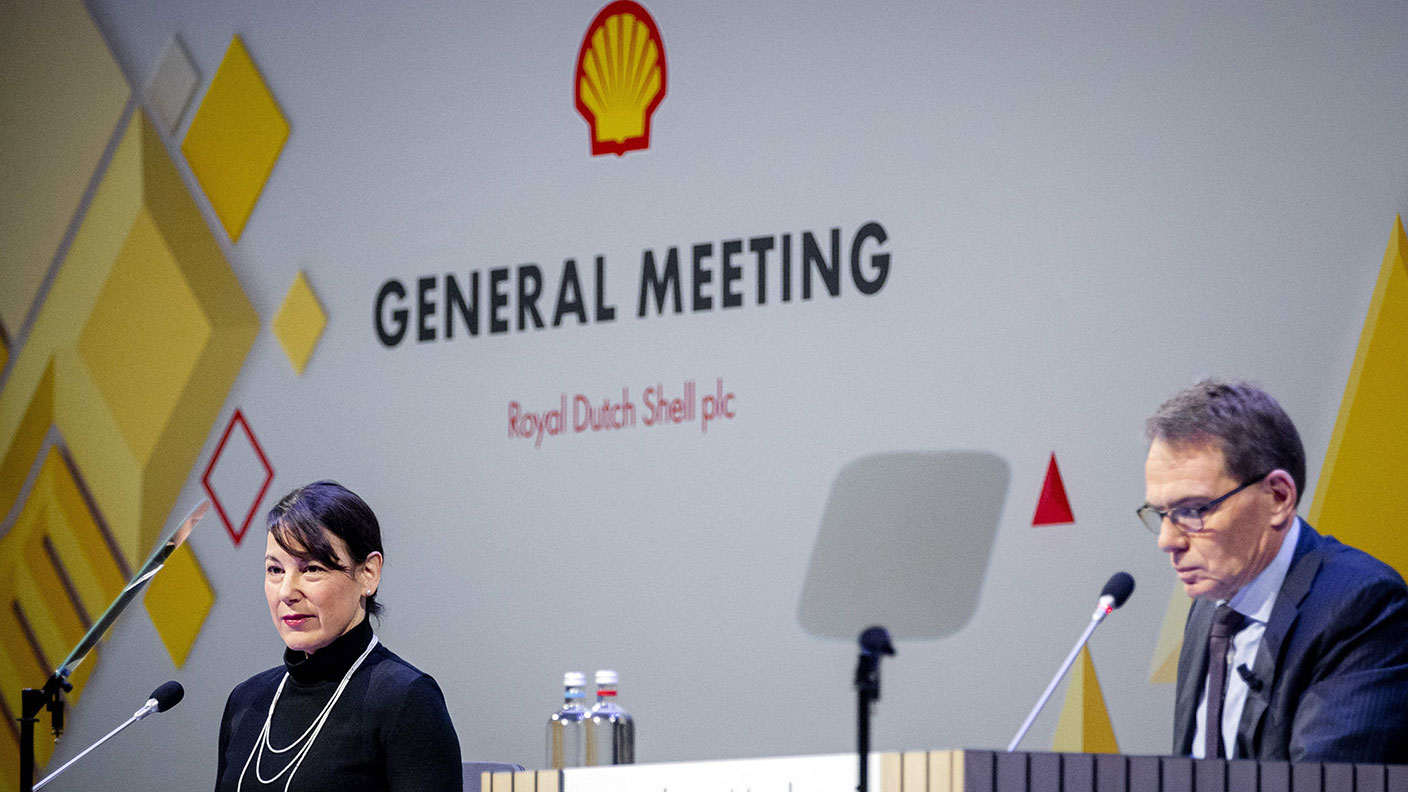 Activist investing: forget hedge funds, leave it to private investors
Activist investing: forget hedge funds, leave it to private investorsOpinion Demands from “activist investor” hedge funds are every bit as short-termist as the management teams they are trying to shake up, says Matthew Lynn. Private investors will take a long view.
-
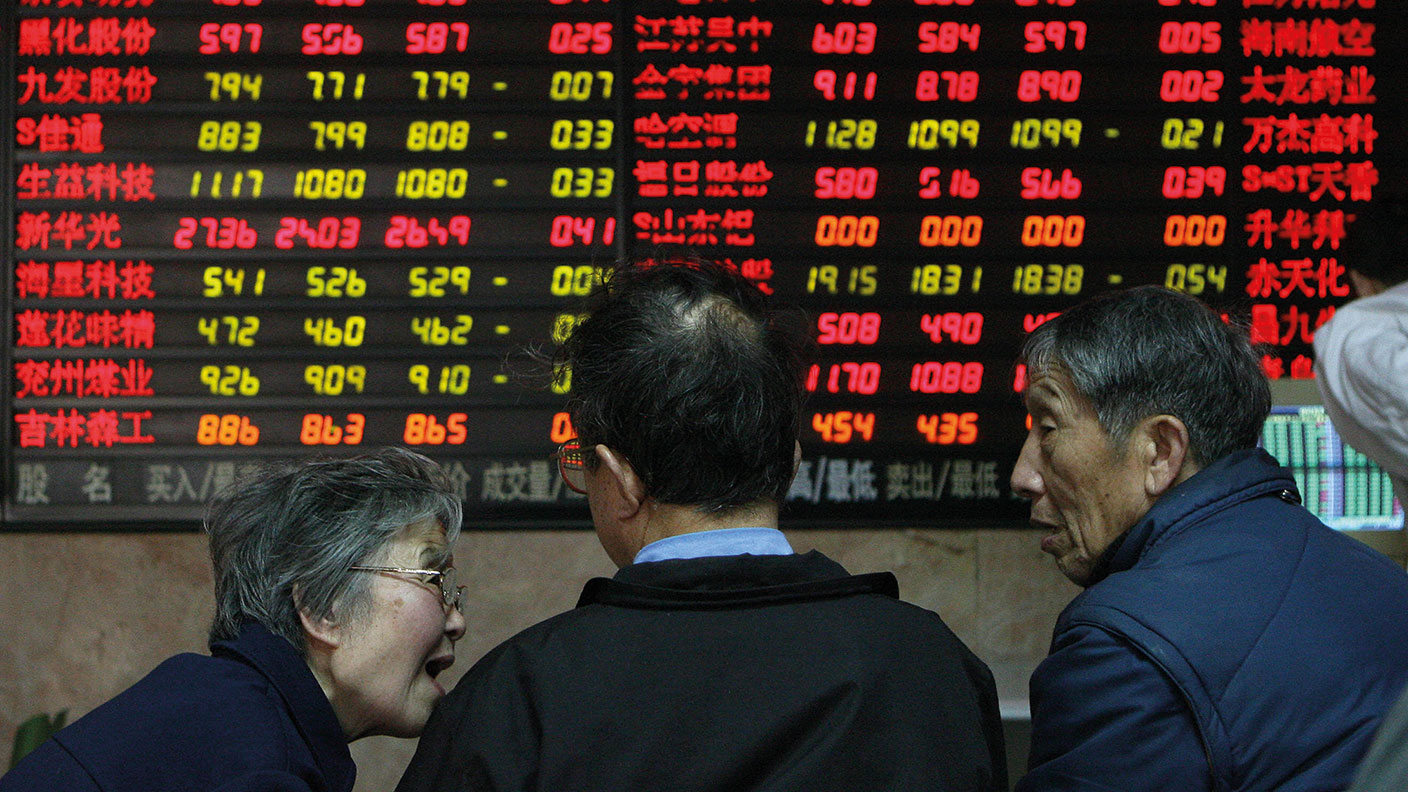 Evergrande: Chinese property giant spooks global markets
Evergrande: Chinese property giant spooks global marketsNews Global markets fell this week as investors worried about the fate of Evergrande, China’s most indebted property developer, which is teetering on the brink of default.
-
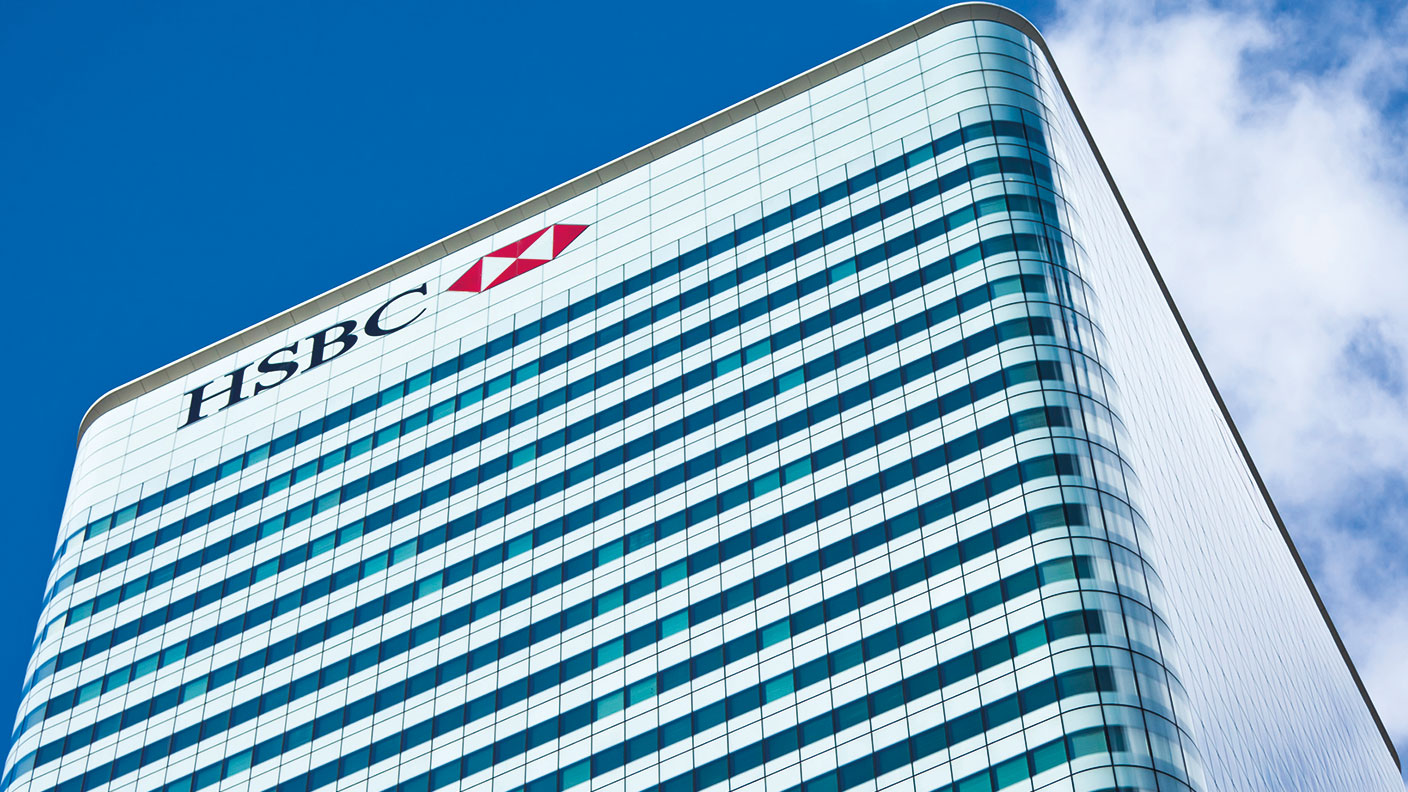 HSBC’s profits surge – but will the share price?
HSBC’s profits surge – but will the share price?News Pre-tax profits at banking giant HSBC rose from $1.1bn last year to $5.1bn in 2021, but the share price remains depressed.
